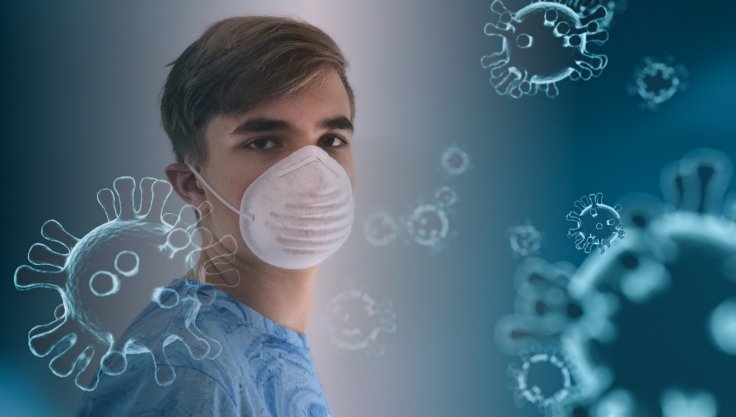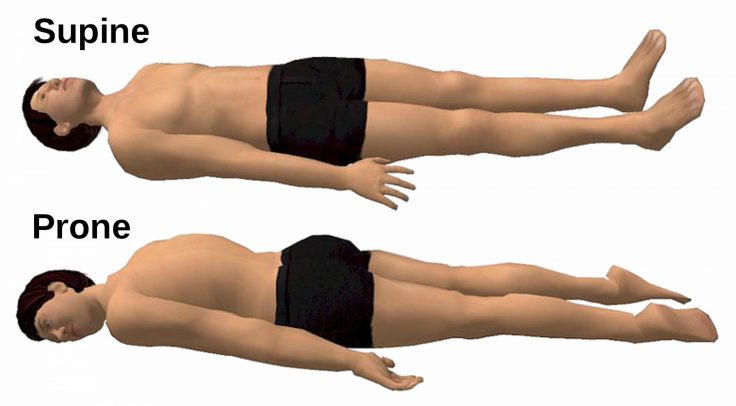A life-saving method that helps seriously ill coronavirus patients breathe easier could cause permanent nerve damage, according to the findings of a new study. The damage went unnoticed until now because healthcare professionals often rule out generalized weakness in bedridden patients as a part of recovery.
The study conducted by Shirley Ryan AbilityLab and Northwestern University Feinberg School of Medicine found that 12 to 15 percent of seriously sick coronavirus patients were left with permanent nerve damage. During their treatment, these patients were placed in prone position — face down on their stomach — so that they could breathe easily. Often sick patients who do not have coronavirus are able to remain in the prone position. But, the nerves of the Covid-19 patients cannot tolerate the force generated by staying in the position, researchers noted.

The team observed a pattern of nerve damage in the patients during rehabilitation, where they found that joints such as the wrist, ankle or shoulder were completely paralyzed on one side of the body. Most common injuries found were wrist drops, foot drops, loss of hand function and frozen shoulder. The researchers stated that as many as four different nerve injury sites were found at a time in some patients.
"It's shocking how big a problem it is," Colin Franz, lead author of the study said. "This is a much higher percentage of patients with nerve damage than we've ever seen in any other critically ill population."
Franz warned that patients with pre-existing medical conditions such as diabetes are more likely to be affected. "This could mean permanent difficulties with walking or critical hand functions like writing or operating a computer or cell phone," Franz noted. The study was accepted to be published in the British Journal of Anaesthesia.
How Does Prone Position Help Coronavirus Patients?
A prone position is where a patient turned onto their stomach to lie face down so they can breathe better. Since coronavirus largely affects lungs and causes breathing problems in patients, medical professionals use the proning method.

"There is not enough evidence at this time to prove that proning alleviates patients needing ventilators," Lenore Reilly, nurse manager of Critical Care at JFK Medical Center noted. "What we can see, though, is that oxygenation is temporarily improved. This is why proning has become part of the plan of care during the Covid-19 pandemic."
Since Covid-19 was declared a pandemic by the World Health Organization earlier this year, scientists have scrambled to conduct studies to find out the effects of coronavirus on recovered patients. In July, studies published in JAMA Cardiology found that the highly contagious virus left structural changes to the heart. These changes were similar to those found in people who survived heart attacks.









